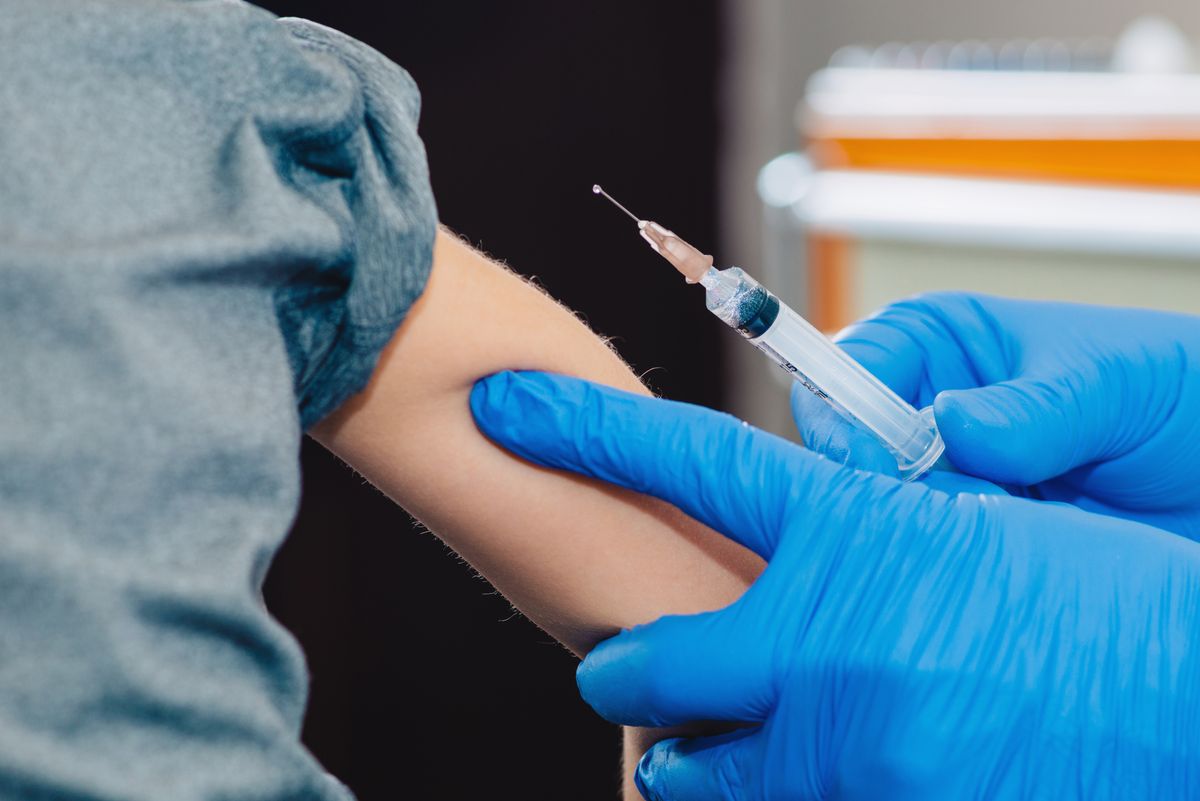-
Services
Featured Specialties
-
Locations
Location Type
-
Patients & Visitors
Published December 06, 2022

A case of polio in New York is causing some people to worry, especially if they have not kept track of their childhood immunizations. However, most adults in the U.S. are presumed to be immune.
“The risk to the general population here is extremely low because most individuals in Connecticut have been vaccinated, which protects everybody else from this particular strain of the mutated vaccine virus,” said Yale New Haven Hospital Infectious Disease Specialist Jeffrey Topal, MD, Associate Clinical Professor at the Yale School of Medicine.
Dr. Topal answered some frequently asked questions about this recent polio case and explained what can be done to stay safe.
There are two types of polio vaccines. Since 2000, in the U.S., we use an injectable or inactivated polio vaccine. However, many parts of the world still use the oral polio vaccine which uses a weakened form of the live polio virus. Rarely, a strain of the live polio vaccine can mutate when it is introduced to a group of people who have low rates of polio vaccination and circulates for a long period of time.
Therefore, the polio strain which caused this person’s illness originally came from a person who received the oral polio vaccine overseas and then returned to the U.S. Then, other unvaccinated people came into contact with it and continued its spread. Overtime, as it was passed among unvaccinated individuals, the oral polio virus vaccine strain mutated. It was this mutated version that caused the unvaccinated person’s illness.
Anyone who has been vaccinated against polio does not have to worry about this strain, because the vaccine offers protection against this strain and all other polio strains.
Polio is extremely rare thanks to widespread vaccination efforts worldwide. Even in those who are unvaccinated, the cases that can cause paralysis only happens in about 0.1% of people who are infected.
The person who got polio recently was in an area of New York that has a low rate of vaccination of around 37%. In Connecticut, the rate of vaccination is much higher at around 95%.
“Eradicating viruses from the world is very difficult. But we have vaccines which protect us from these diseases which can be debilitating and even deadly,” said Dr. Topal.
Polio is a virus that is spread through contact with infected feces. In a natural polio infection, the virus is ingested, grows in the gut and excreted. Tracking wastewater samples in areas with low vaccination rates can help experts determine where polio may be present.
The standard age for children to start their polio vaccine schedule is at 2-months-old. At 4 months, they get their second dose, followed by a third dose between 6-18 months. The fourth dose is given to children between 4 and 6-years-old.
If a child is older than that and they have not gotten vaccinated yet, parents should speak with their pediatrician to get them vaccinated.
Unfortunately, no. There is no specific antiviral medication to treat polio.
Yes, the polio vaccine provides lifelong immunity. Therefore, no testing is recommended to confirm prior vaccination, even if documentation of prior vaccination cannot be located and no booster dose is recommended.
Adults who know they were not vaccinated as a child should speak to their doctor about getting vaccinated.
In addition, persons who were vaccinated as a child but are now traveling to a high-risk country where polio is present or who may be at risk for possible polio exposure should discuss the need for a booster dose with their doctor.